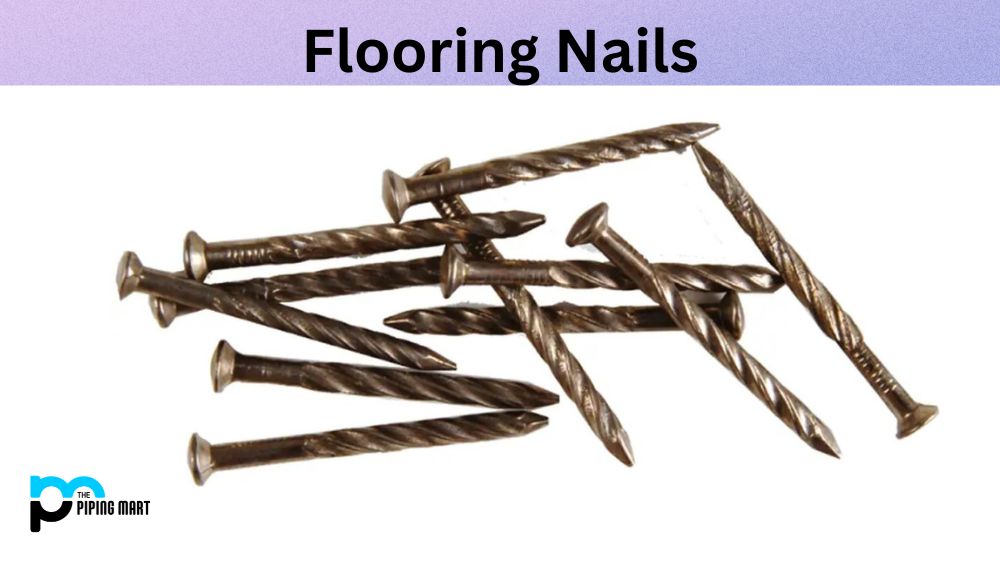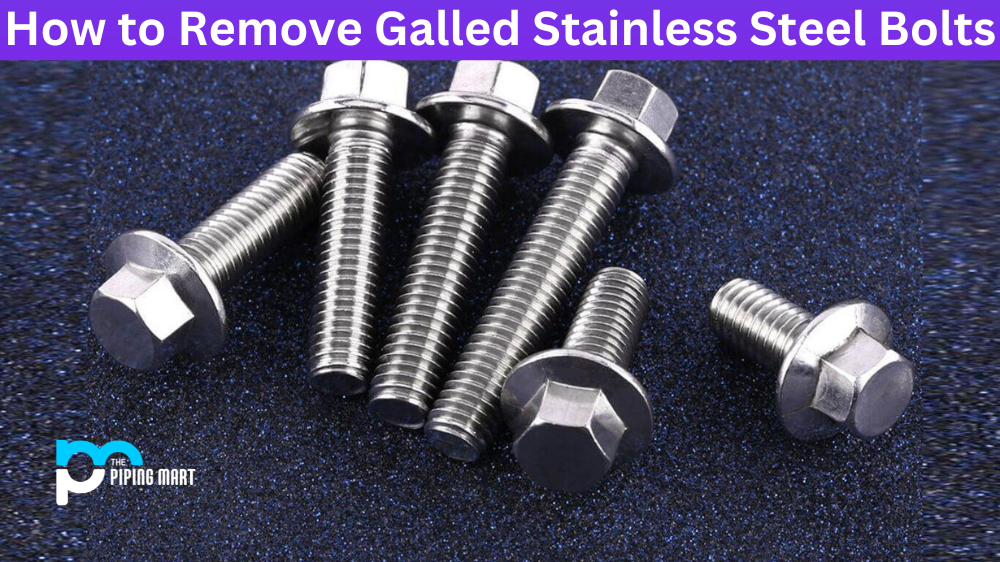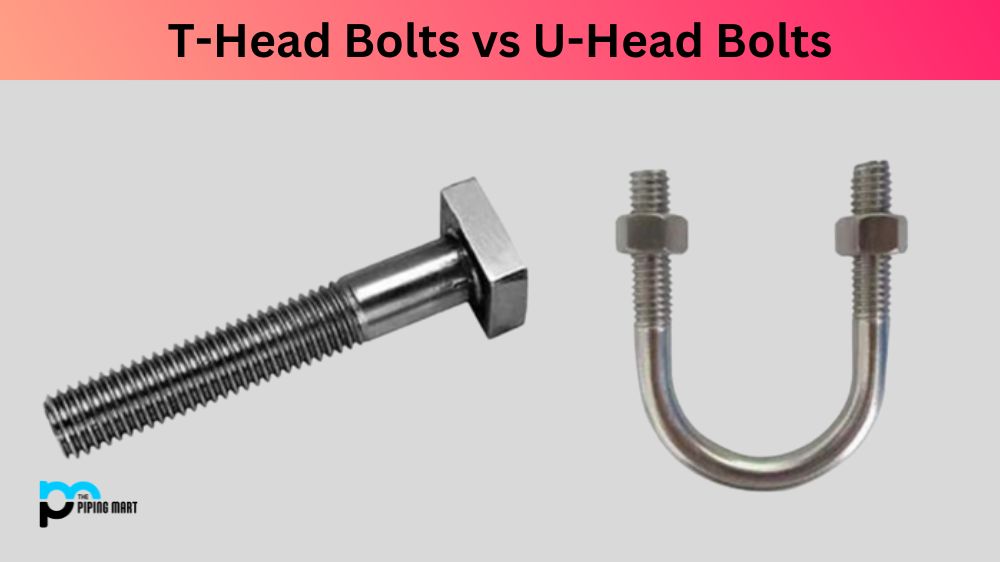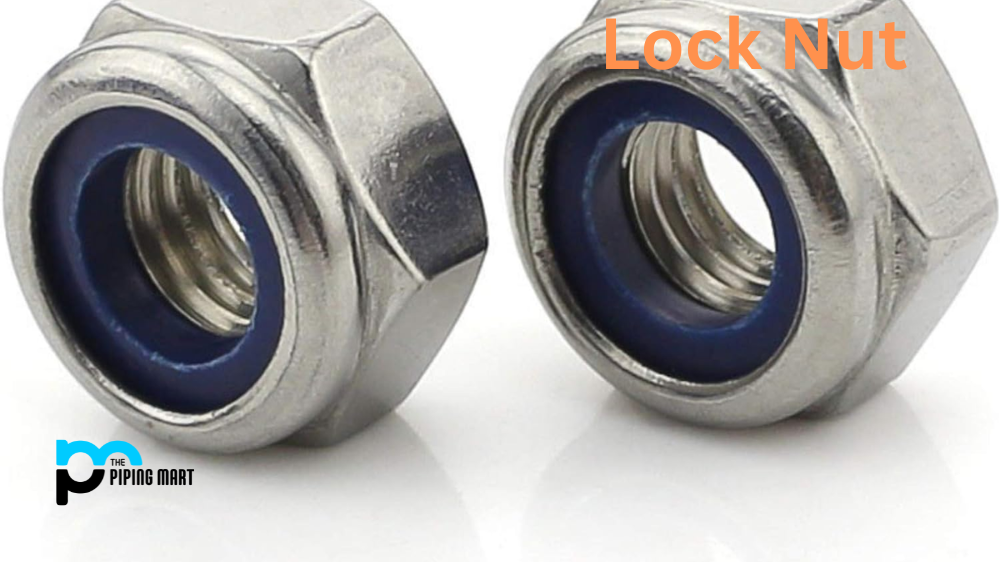Flooring nails are a popular option for installing hardwood floors in homes. However, before you decide to use flooring nails as your installation method, it’s important to understand the pros and cons of this method. With this information, you can determine whether or not flooring nails are the right option for your flooring needs. This blog post will discuss the advantages and disadvantages of using flooring nails in your home.
Advantages of Using Flooring Nails:
Stronger Floorboards: Regarding durability, flooring nails are better than other installation methods, such as glue or floating floorboards. Once flooring nails are installed, the floorboards are firmly secured, resulting in a stronger and more stable floor overall.
Better at Handling Heavy Traffic Areas: Due to their strength, flooring nails are an ideal option for high-traffic areas of your home. Normal wear and tear over the years can loosen the boards, but flooring nails will help reduce this possibility.
Easier to Repair: Should any of your boards come loose or develop a gap, using flooring nails makes it much easier to repair. Instead of disassembling the entire floor, you can replace or fix the damaged boards and secure them with nails.
Disadvantages of Using Flooring Nails:
Risk of Damage to Boards: The biggest disadvantage of using flooring nails is the risk of damaging your floorboards. It’s too easy to miss the nail and accidentally strike the board, leaving an unsightly mark or hole behind.
More Skill Required: Properly installing flooring nails requires a certain skill and experience, meaning there may be better options for do-it-yourselfers. If you are inexperienced, you are likely to make mistakes that can affect the strength and stability of your floors.
Noise Pollution: Flooring nails can be noisy, particularly when driven into the floor. This noise is not limited to the installation process but can continue as the boards loosen over time and begin to rub against the nail heads.
Cost: Lastly, it’s worth noting that using flooring nails can be more expensive than other installation methods. While purchasing the nails themselves will not break the bank, hiring a professional to install them will add to the overall cost.
Conclusion:
Flooring nails are a popular and effective method of installing hardwood floors, but as with any installation method, there are pros and cons. While they offer a strong and durable floor, they require more skill, and the risk of damaging your boards is high. Ultimately, choosing to use flooring nails will depend on your experience, skill set, and budget. By understanding the advantages and disadvantages of this installation method, you can make an informed decision about whether or not to use flooring nails for your home’s hardwood floors.

Meet Bhavesh, a seasoned blogger with a wealth of knowledge and experience. From metal products manufacturing to retail, Bhavesh has a diverse background in various industries and is dedicated to sharing his insights and expertise with readers.




